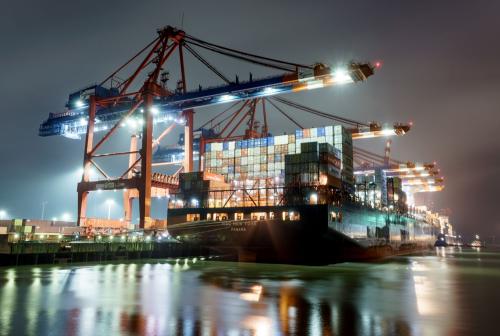

2:00 pm EDT - 4:00 pm EDT
Past Event
2:00 pm - 4:00 pm EDT
1775 Massachusetts Ave., NW
Washington, DC
China has responded to the global financial crisis and its own economic slowdown with a vigorous stimulus package targeted toward spending on infrastructure, social welfare and reconstruction. With billions being spent, how will China’s stimulus package change the Chinese economy and its future economic policies? Will China assume stronger economic leadership following the crisis and how will its relationship with the U.S. change?
On May 28, the Global Economy and Development program and the John L. Thornton China Center hosted a panel discussion on China’s stimulus package and its implications for China and the world. A panel of Brookings experts including Xiao Geng, Eswar Prasad, Cheng Li and Dennis Wilder discussed the characteristics of China’s stimulus package, China’s role in the regional and global economy, the domestic Chinese politics involved in both formulating and implementing the package, and the future of the U.S.-China economic relationship.
Carlos Pascual, vice president and director of Foreign Policy, provided introductory remarks. Senior Fellow Richard Bush, director of the Center on Northeast Asian Policy Studies, moderated the discussion.


Eswar Prasad, Caroline Smiltneks
April 14, 2024

Robin Brooks
April 11, 2024

Daniel S. Hamilton, Joseph P. Quinlan
March 18, 2024